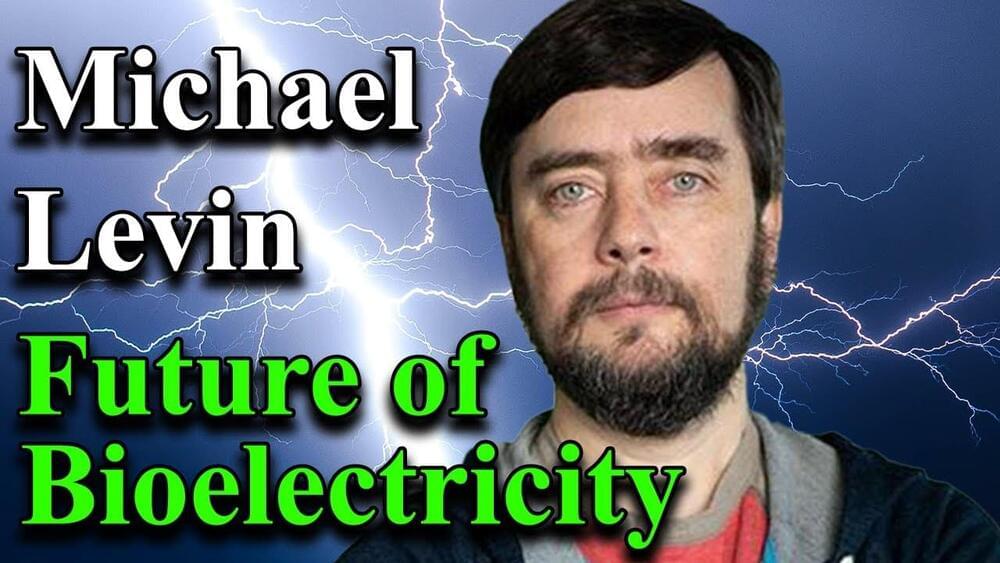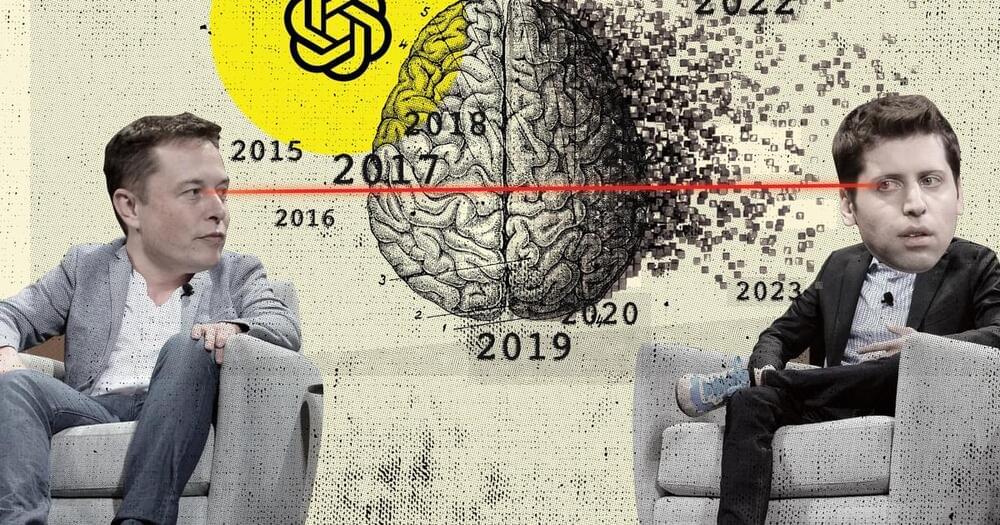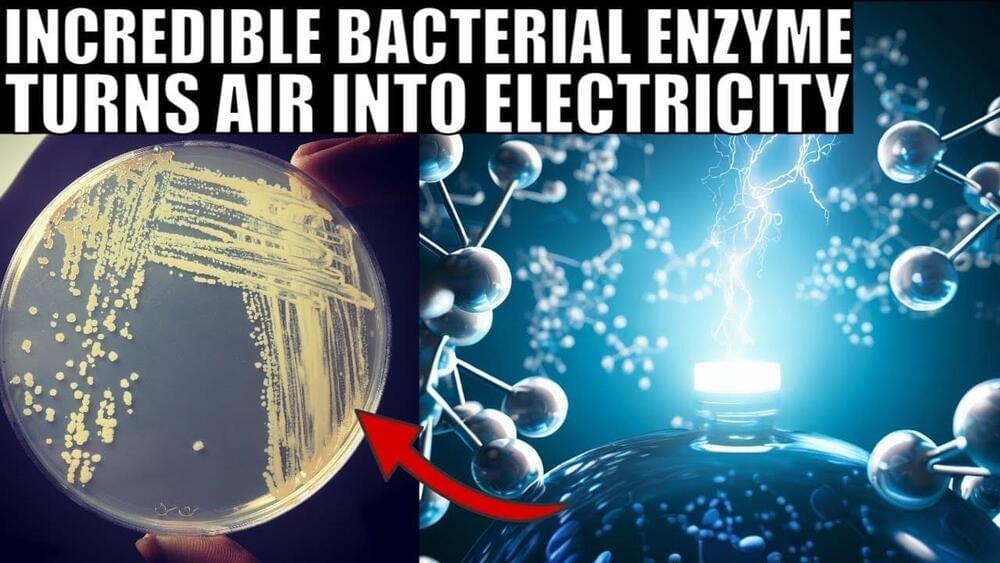Mar 25, 2023
Graphene grows—physicists find a way to visualize it
Posted by Saúl Morales Rodriguéz in categories: materials, particle physics
Graphene is one of the strongest materials. On top of that, it is exceptionally good at conducting heat and electrical currents, making it one of the most special and versatile materials we know. For all these reasons, the discovery of graphene was awarded the Nobel Prize in Physics in 2010.
Yet, many properties of the material and its cousins are still poorly understood—for the simple reason that the atoms they are made up of are very difficult to observe. A team of researchers from the University of Amsterdam and New York University have now found a surprising way to solve this issue.
Two-dimensional materials, consisting of a hyper-thin single layer of atomic crystal, have attracted a lot of attention recently. This well-deserved attention is mainly due to their unusual properties, very different from their three-dimensional ‘bulk’ counterparts. Graphene, the most famous representative, and many other two-dimensional materials, are nowadays researched intensely in the laboratory.


















